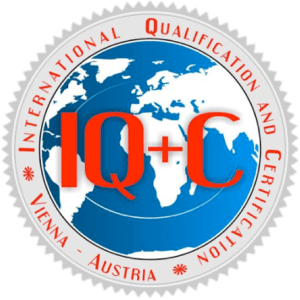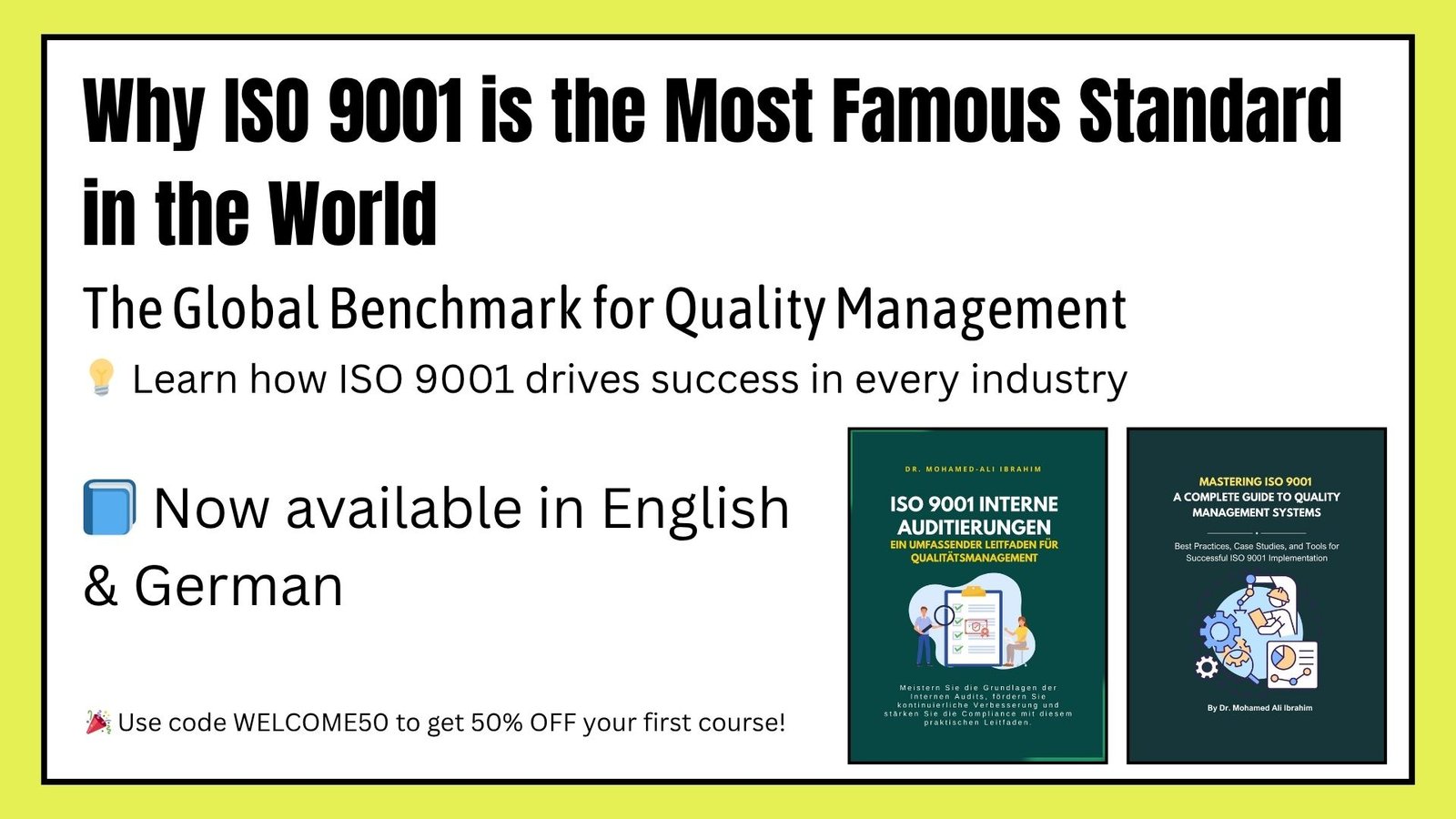The translation industry is witnessing a transformative shift with the integration of technology in traditional translation processes. At i-LICS, the International Localization Industry Certification System, we’ve been at the helm of pioneering standards that have shaped the quality and reliability of translation services globally. Our rich history in contributing to the European Norm EN15038, which evolved into ISO 17100 in 2015, underscores our commitment to excellence. Today, we extend this commitment to embrace the advancements in machine translation and the critical role of post-editing, as defined by ISO 18587.
ISO 18587: “Translation Services — Post-editing of Machine Translation Output — Requirements,” introduces rigorous standards for the post-editing of machine translation output. This standard is a testament to the evolving landscape where machine translation has become an integral part of translation services, demanding a new level of expertise and quality assurance. i-LICS champions this standard by certifying translation service providers who excel in post-editing machine translation output, ensuring they meet international benchmarks for accuracy, consistency, and reliability.
The integration of ISO 18587 with ISO 17100:2015 and ISO 20771:2020 highlights a comprehensive approach to certification in the translation industry. ISO 17100:2015 sets the foundation with requirements for human resources, technical resources, and quality management systems in translation services. ISO 20771:2020 further specifies requirements for legal translation services, recognizing the intricacies of legal terminologies and the importance of contextual accuracy. Meanwhile, ISO 11669:2012 offers general guidance for managing translation projects efficiently and effectively.
i-LICS’s expertise since 2004, especially in contributing to the creation of EN15038 which laid the groundwork for ISO 17100, positions us uniquely as a certifying body with profound insights into the standards governing the translation industry. Our long-standing field-specific expertise enriches our certification processes, ensuring that we not only assess compliance with these standards but also foster a deeper understanding of their significance in improving the quality of translation services.
By embracing ISO 18587, i-LICS acknowledges the transformative impact of machine translation on the industry. The standard emphasizes the need for skilled post-editors who can refine machine-generated translations to meet the quality expectations traditionally reserved for human translation. This recognition paves the way for a hybrid model of translation services, where technology enhances human expertise to deliver superior quality translations at a pace demanded by the global market.
In essence, i-LICS’s certification services are designed to navigate the complexities of the modern translation industry. We certify organizations that demonstrate excellence not only in traditional translation services but also in adapting to technological advancements, such as machine translation and its post-editing. This holistic approach ensures that certified translation service providers are equipped to meet the diverse needs of a global clientele, adhering to the highest standards of quality, efficiency, and reliability.
As the translation industry continues to evolve, i-LICS remains committed to leading this change by setting benchmarks for quality and professionalism. Through our certification services, we aim to elevate the industry standard, ensuring that translation services not only keep pace with technological advancements but also maintain the integrity and accuracy essential for effective global communication.




Leave A Comment